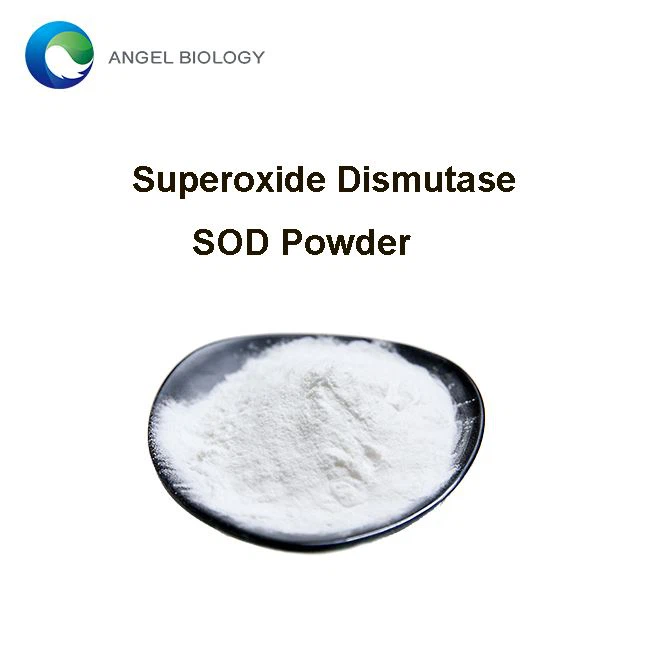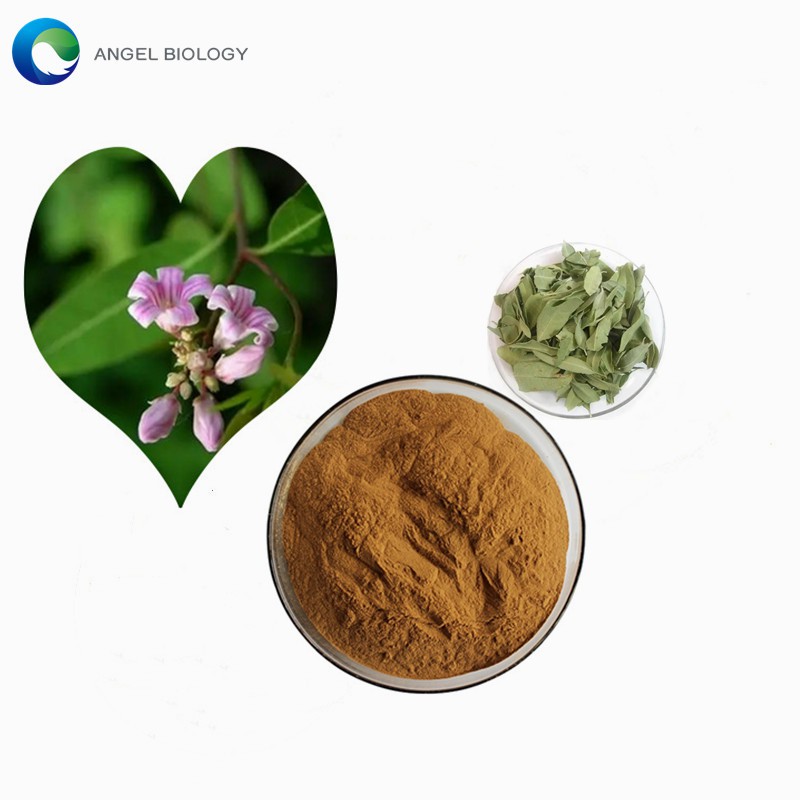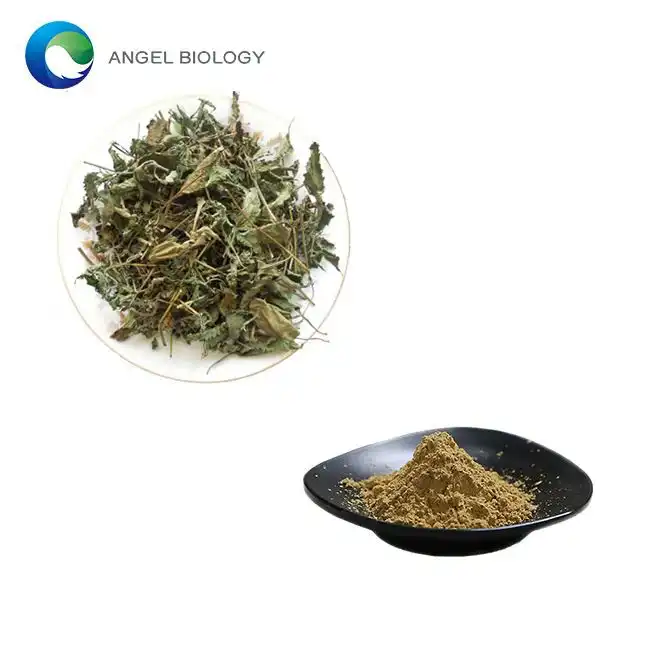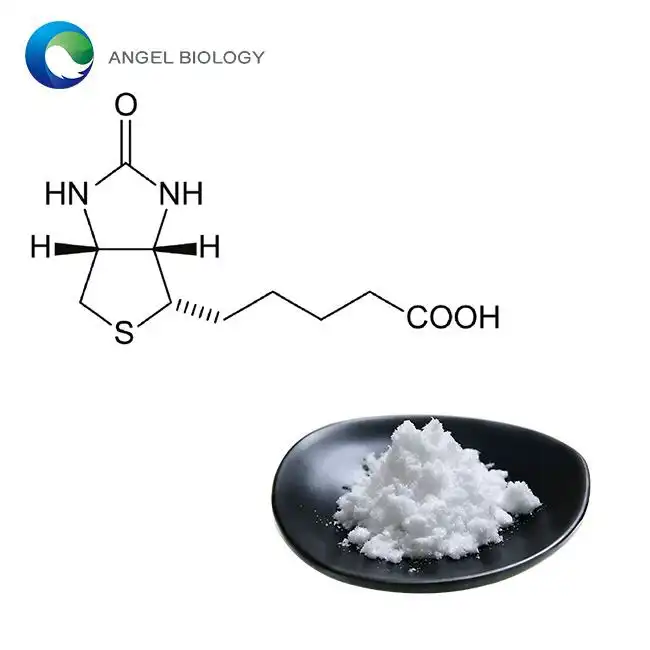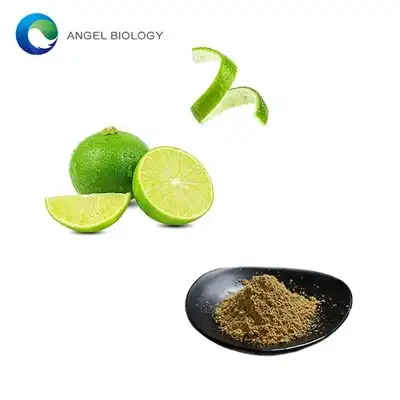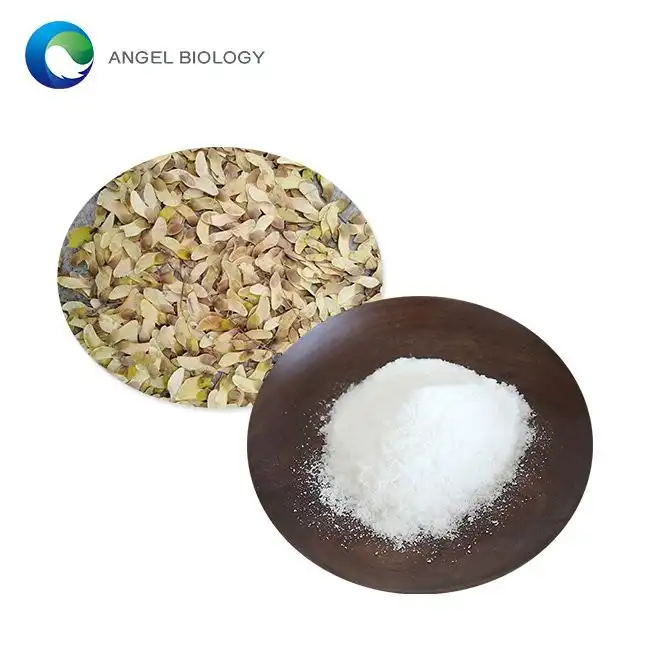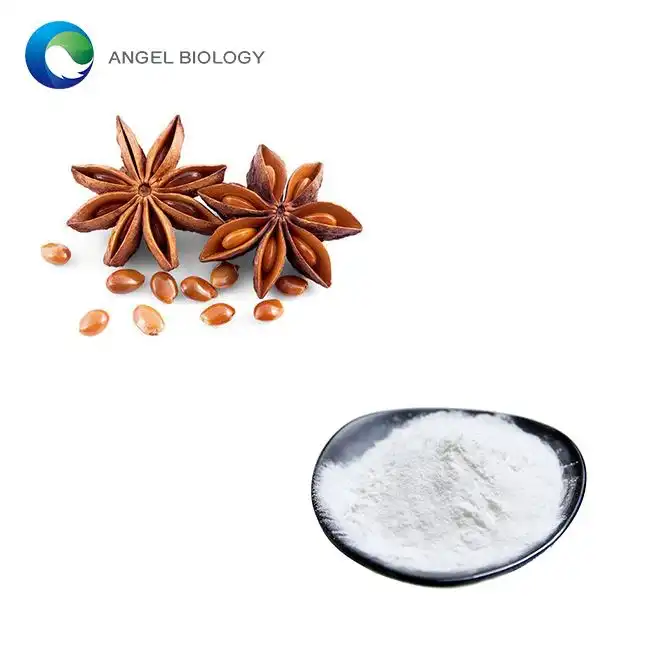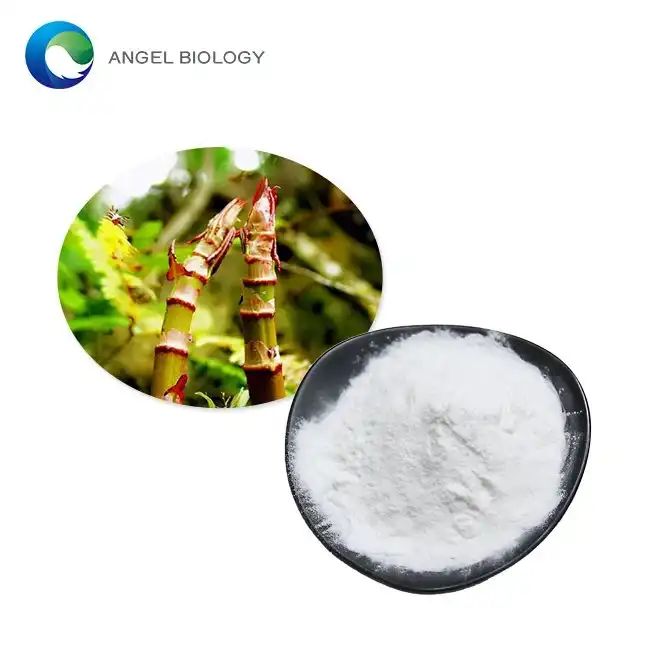Can Berberine HCl Powder Improve Gut Microbiome Health?
The gut microbiome has become a hot topic in health and wellness circles, and for good reason. This complex ecosystem of microorganisms living in our digestive tract plays a crucial role in our overall health, influencing everything from our immune system to our mood. As research in this area continues to expand, many are turning to natural compounds like berberine HCl powder to support their gut health. But can this ancient remedy really make a difference in our modern world? Berberine, a yellow-hued compound found in several plants, has been used in traditional medicine for centuries. Its hydrochloride form, berberine HCl, is particularly popular due to its stability and bioavailability. As we delve into the potential benefits of berberine HCl for gut microbiome health, we'll explore its mechanisms of action, compare it to other gut health solutions, and examine the scientific evidence supporting its use.
How does berberine HCl modulate beneficial gut bacteria strains?
Berberine HCl's impact on the gut microbiome is multifaceted and intriguing. This potent compound has been shown to influence the composition and function of gut bacteria in several ways:
- Selective antimicrobial activity: Berberine exhibits antimicrobial properties, but interestingly, it appears to be more effective against pathogenic bacteria than beneficial strains. This selective action can help create a more favorable environment for beneficial bacteria to thrive.
- Prebiotic-like effects: Some studies suggest that berberine may act as a prebiotic, providing nourishment for beneficial bacteria. This can lead to an increase in populations of health-promoting bacterial strains.
- Modulation of short-chain fatty acid production: Berberine has been observed to increase the production of short-
 chain fatty acids (SCFAs) like butyrate. SCFAs are crucial for maintaining a healthy gut lining and supporting overall gut health.
chain fatty acids (SCFAs) like butyrate. SCFAs are crucial for maintaining a healthy gut lining and supporting overall gut health. - Influence on bacterial gene expression: Research indicates that berberine can alter gene expression in certain bacterial species, potentially promoting the growth of beneficial strains while inhibiting harmful ones.
- pH regulation: Berberine may help maintain an optimal pH in the gut, creating conditions that favor the growth of beneficial bacteria over pathogens.
These mechanisms work synergistically to create a more balanced and diverse gut microbiome. By fostering an environment where beneficial bacteria can flourish, berberine HCl powder may help improve overall gut health and, by extension, support various aspects of our wellbeing.
Berberine's impact on SIBO and intestinal permeability
Small Intestinal Bacterial Overgrowth (SIBO) and increased intestinal permeability (often referred to as "leaky gut") are two conditions that can significantly impact gut health and overall wellbeing. Berberine HCl has shown promise in addressing both of these issues:
SIBO Management
SIBO occurs when there's an abnormal increase in the overall bacterial population in the small intestine, particularly types of bacteria that are not usually found in that part of the digestive tract. Berberine's antimicrobial properties make it a potential ally in managing SIBO:
- Bacterial reduction: Berberine has been shown to reduce the overall bacterial load in the small intestine, helping to bring numbers back to a normal range.
- Selective action: As mentioned earlier, berberine seems to be more effective against pathogenic bacteria, which are often the culprits in SIBO.
- Motility support: Some research suggests that berberine may help improve gut motility, which is often impaired in SIBO cases. Improved motility can help prevent bacterial overgrowth.
Improving Intestinal Permeability
Intestinal permeability refers to how easily substances can pass through the intestinal wall. When this barrier becomes too permeable (leaky), it can lead to various health issues. Berberine HCl may help maintain a healthy intestinal barrier in several ways:
- Tight junction support: Berberine has been shown to enhance the expression of proteins that form tight junctions between intestinal cells, helping to seal the gaps and reduce permeability.
- Inflammation reduction: By reducing inflammation in the gut, berberine may help prevent damage to the intestinal lining that can lead to increased permeability.
- Microbiome balance: A balanced microbiome is crucial for maintaining a healthy gut barrier. By promoting beneficial bacteria, berberine indirectly supports intestinal integrity.
- Mucus layer protection: Some studies suggest that berberine may help protect and strengthen the mucus layer that lines the intestines, providing an additional barrier against increased permeability.
By addressing both SIBO and intestinal permeability, berberine HCl powder offers a comprehensive approach to improving gut health. Its ability to target multiple aspects of gut function makes it a versatile tool in the quest for optimal digestive wellness.
Comparison: Berberine HCl vs. probiotics for gut flora balance
When it comes to supporting gut health, both berberine HCl and probiotics are popular choices. While they can both contribute to a healthier gut microbiome, their mechanisms of action and overall effects differ in several key ways:
Mechanism of Action
- Berberine HCl: Acts as a modulator of the gut microbiome, influencing bacterial populations through its antimicrobial properties, prebiotic-like effects, and ability to alter the gut environment.
- Probiotics: Introduce live beneficial bacteria directly into the gut, aiming to increase the population of these helpful microorganisms.
Specificity
- Berberine HCl: Has a broader impact on the gut environment, potentially affecting multiple bacterial species and aspects of gut function.
- Probiotics: Typically contain specific strains of bacteria, with effects that may be more targeted but also more limited in scope.
Durability of Effects
- Berberine HCl: May have longer-lasting effects as it alters the gut environment in ways that can persist after supplementation ends.
- Probiotics: Often require ongoing supplementation to maintain their effects, as the introduced bacteria may not permanently colonize the gut.
Additional Health Benefits
- Berberine HCl: Offers a range of health benefits beyond gut health, including support for metabolic health and cardiovascular function.
- Probiotics: Primarily focused on gut and immune health, though some strains may offer additional benefits.
Consistency of Results
- Berberine HCl: Tends to produce more consistent results across individuals due to its direct action on the gut environment.
- Probiotics: Results can vary widely between individuals, as the effectiveness depends on the existing gut microbiome and other factors.
Potential for Side Effects
- Berberine HCl: May cause gastrointestinal discomfort in some individuals, especially at higher doses.
- Probiotics: Generally well-tolerated, but may cause temporary bloating or gas in some people.
While both berberine HCl powder and probiotics can be valuable tools for improving gut health, they offer different approaches and may be suited to different individuals or health goals. Some people may find that a combination of both provides the most comprehensive support for their gut microbiome.
It's worth noting that the effectiveness of both berberine HCl and probiotics can be enhanced by a healthy diet rich in diverse plant foods, which provide the fiber and nutrients necessary for a thriving gut microbiome.
In conclusion, berberine HCl powder shows significant potential for improving gut microbiome health. Its ability to modulate beneficial bacteria strains, address issues like SIBO and intestinal permeability, and provide a range of additional health benefits makes it a compelling option for those looking to support their digestive wellness.
However, it's important to remember that while berberine HCl can be a powerful ally in promoting gut health, it's not a magic bullet. A holistic approach that includes a balanced diet, regular exercise, stress management, and adequate sleep is crucial for maintaining optimal gut health and overall wellbeing.
If you're considering adding berberine HCl to your health regimen, it's always wise to consult with a healthcare professional, especially if you have any existing health conditions or are taking medications. They can help you determine the right dosage and ensure that berberine is appropriate for your individual needs.
Are you ready to explore the potential of berberine HCl for your gut health? Angelbio, a leading innovator in natural ingredients for health and wellness, offers high-quality berberine HCl powder derived from carefully selected plant sources. Our commitment to technology innovation and quality control ensures that you're getting a product you can trust.
Whether you're a health-conscious individual looking to support your gut microbiome, or a company seeking premium ingredients for your wellness products, Angelbio is here to help. Our team of experts is dedicated to providing personalized solutions that meet your specific needs.
Ready to take the next step in your gut health journey? Contact us at angel@angelbiology.com to learn more about our berberine HCl powder and how it can benefit you or your business. Let's work together to promote natural origin and global health, one gut at a time!
References
1. Zhang, X., et al. (2020). "Berberine modulates gut microbiota and reduces insulin resistance via the TLR4 signaling pathway." Experimental and Clinical Endocrinology & Diabetes, 128(10), 612-619.
2. Xu, J., et al. (2021). "The effects of berberine on gut microbiota in patients with type 2 diabetes mellitus: A systematic review and meta-analysis of randomized controlled trials." Frontiers in Pharmacology, 12, 653251.
3. Habtemariam, S. (2020). "Berberine pharmacology and the gut microbiota: A hidden therapeutic link." Pharmacological Research, 155, 104722.
4. Cicero, A. F., & Baggioni, A. (2016). "Berberine and its role in chronic disease." Advances in Experimental Medicine and Biology, 928, 27-45.



